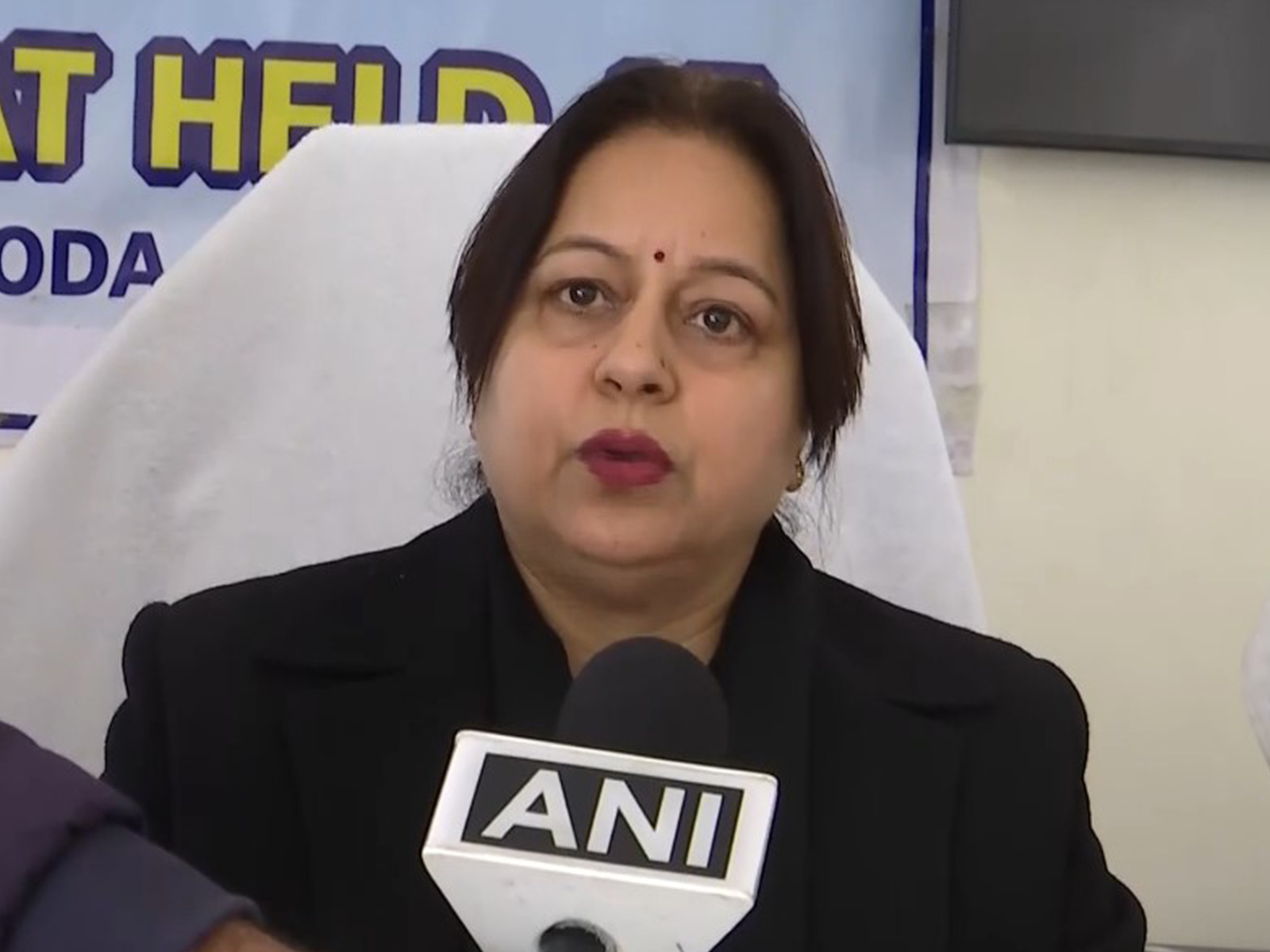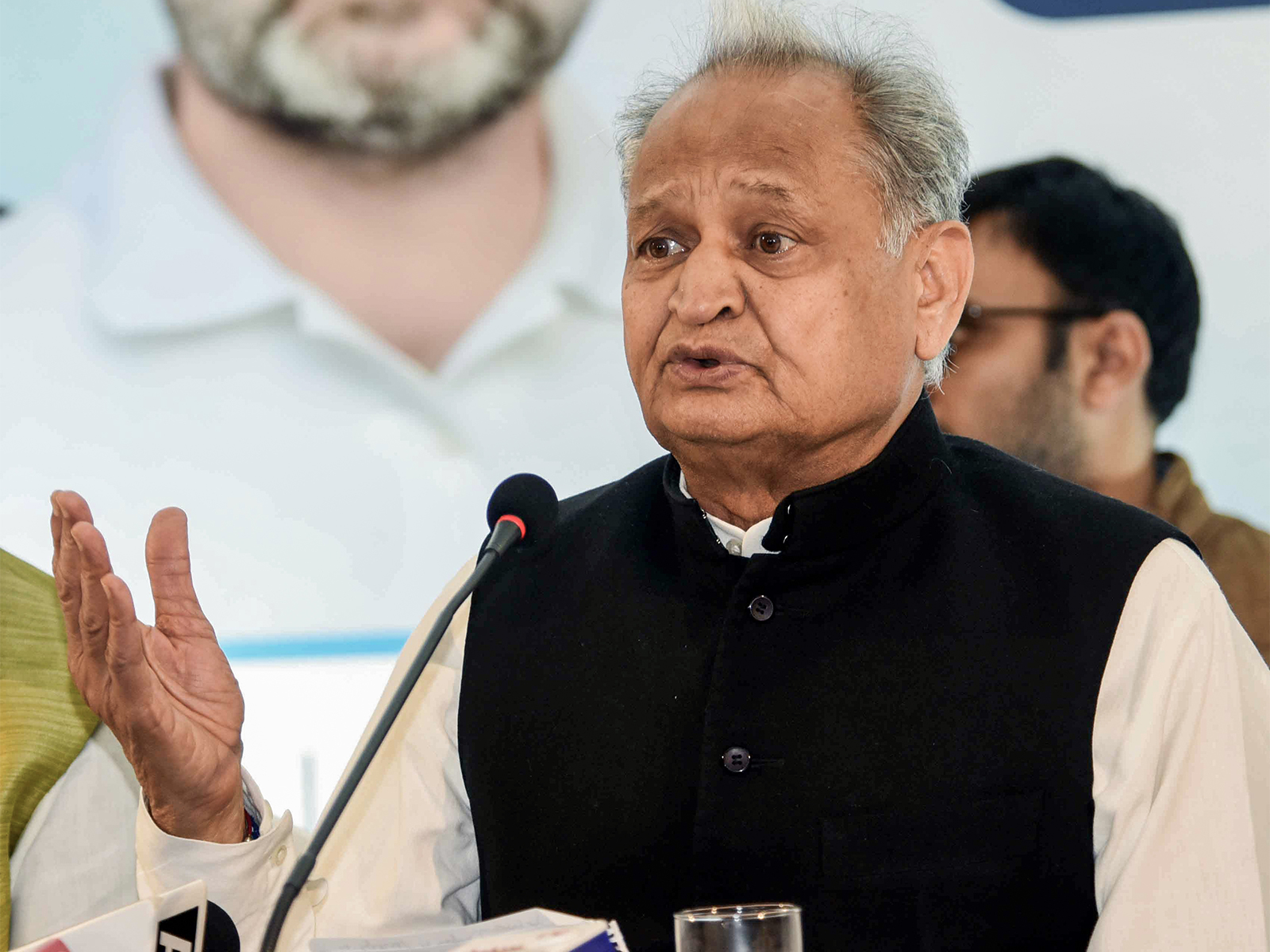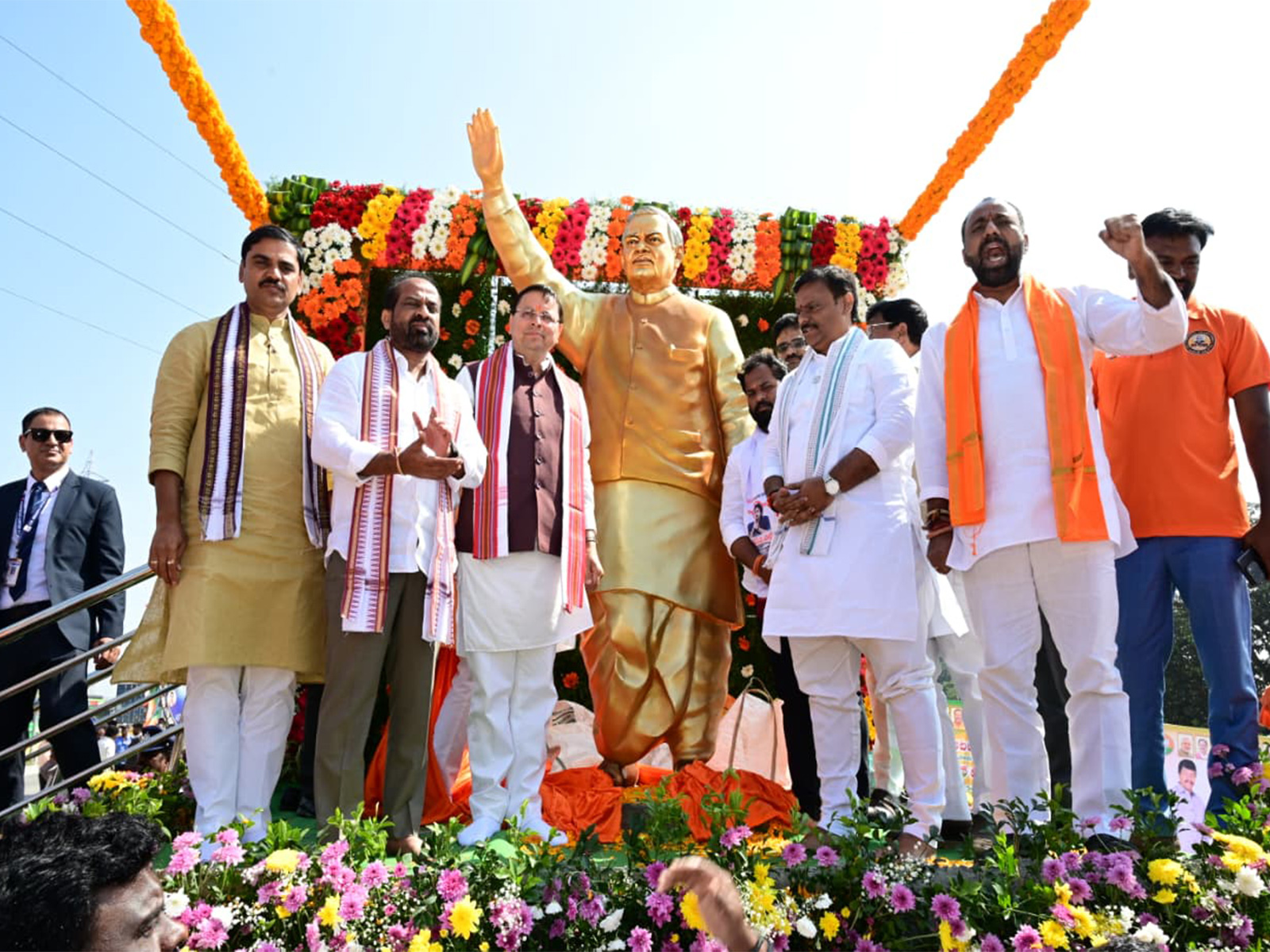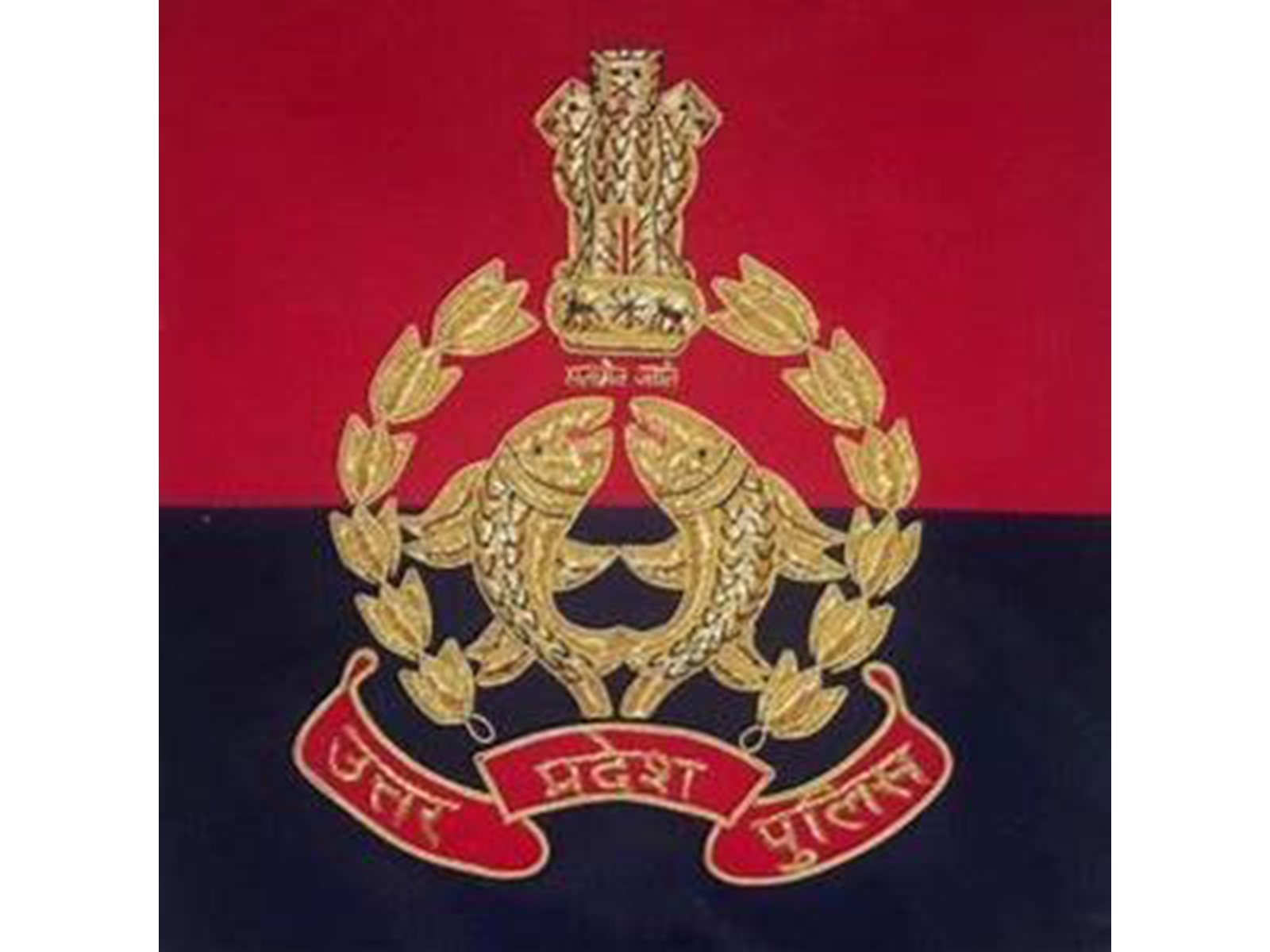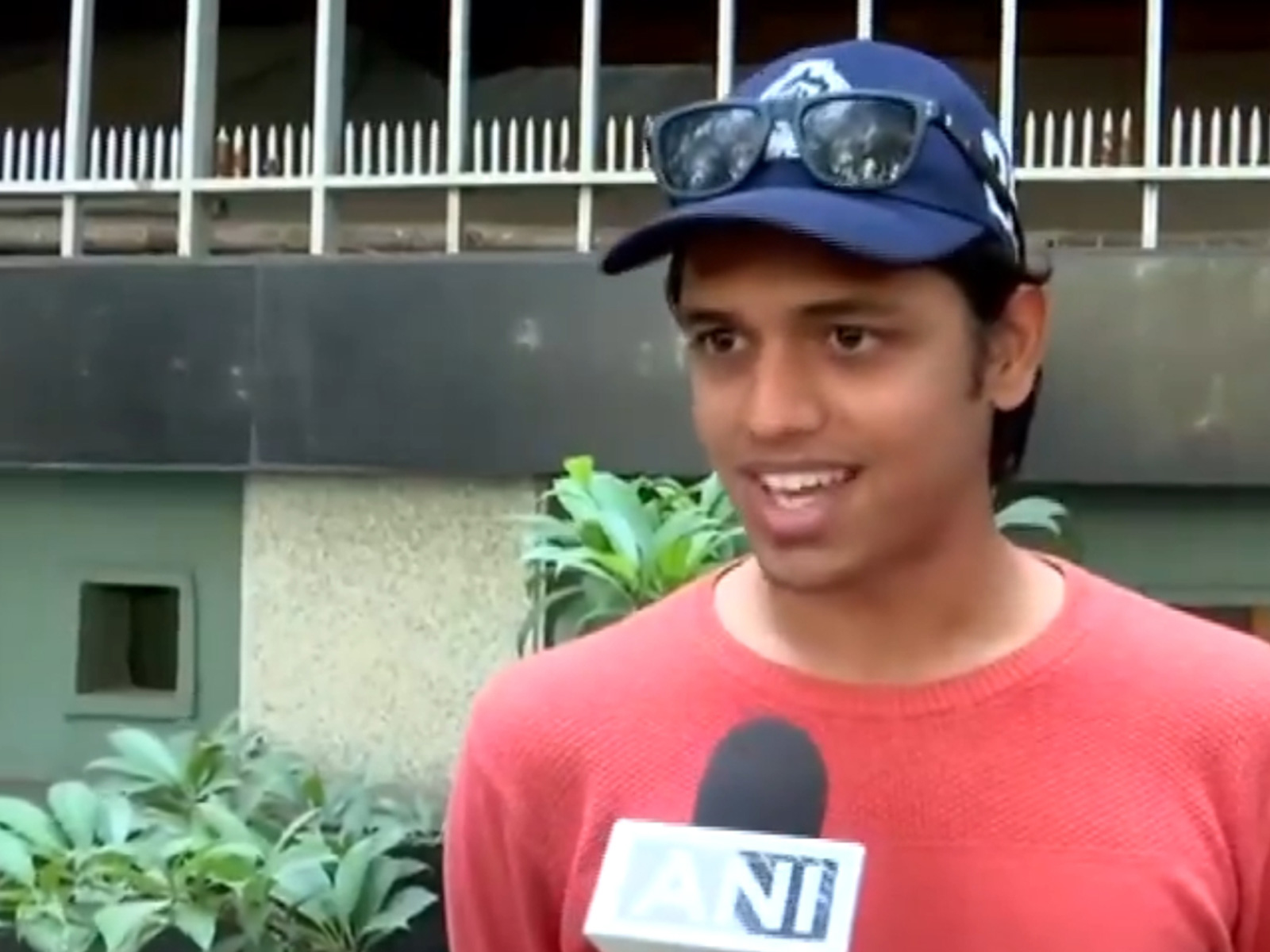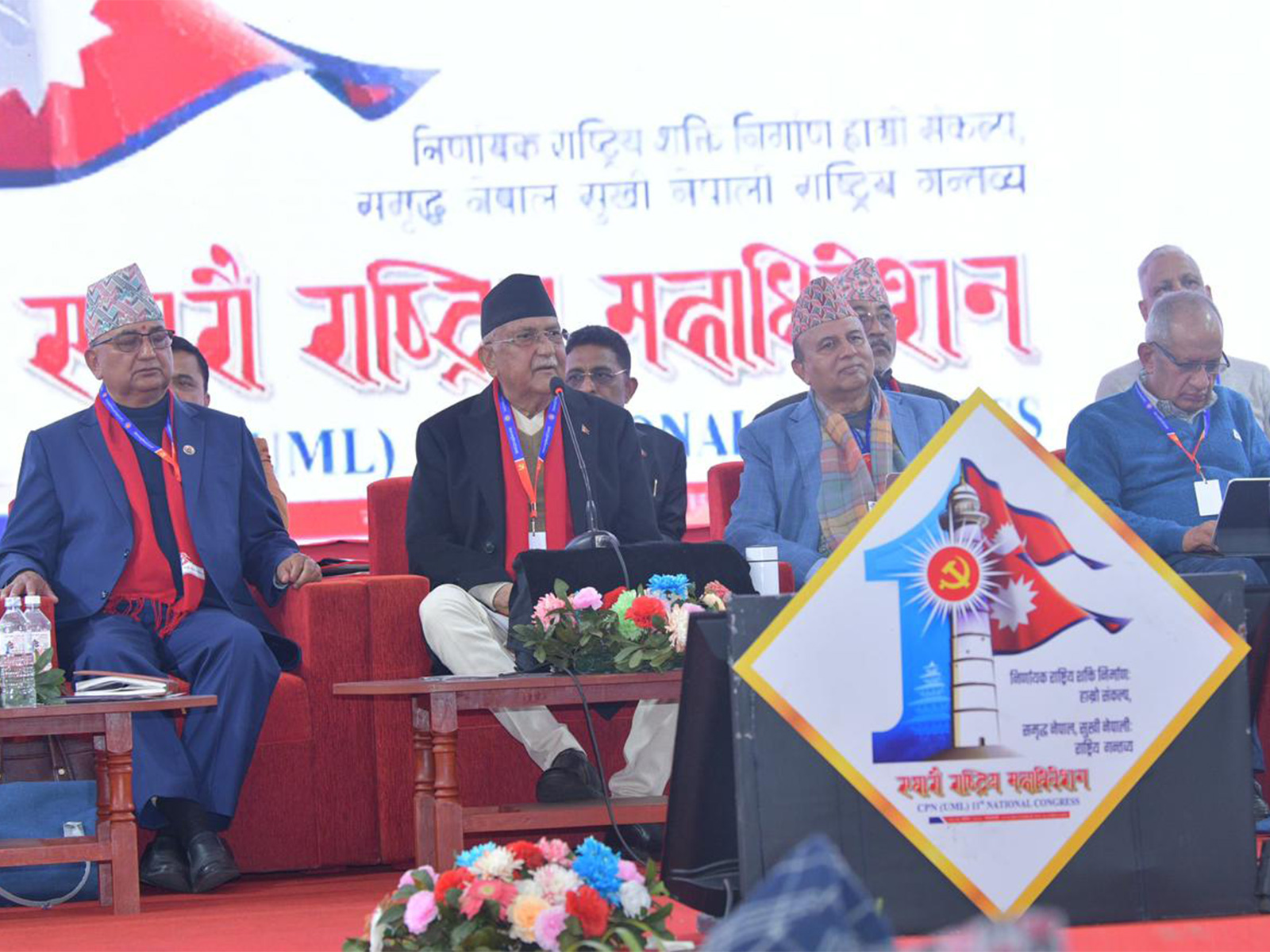Flag Foundation of India welcomes amendment to Flag Code of India
Jul 24, 2022

New Delhi [India], July 24 : President of Flag Foundation of India (FFI) Naveen Jindal on Sunday welcomed the latest Amendment to the Flag Code of India 2002 after which a common citizen can hoist and unfurl the national flag 24 hours a day (day and night) at their homes and office locations, said a statement issued by the FFI.
Earlier, in 2009, the government had permitted that the tricolour can be flown day and night on "giant flagpoles with proper illuminance and power backup" after Naveen Jindal had given a representation to the government.
"This is a very progressive decision. This amendment to the Flag Code of India will definitely encourage more and more people to display the Tiranga with dignity and pride on all days of the year and will also give a boost to the Har Ghar Tiranga campaign. Jai Hind," Jindal tweeted.
"It has been Jindal's dream to see the Tiranga reach every house in the country and he has appealed to the people to display it with pride and take inspiration from our Tiranga," the statement said.
Successive governments have time and again amended the rules to ensure the flag reaches more and more people--- allowing people to wear the flag, allowing monumental flags, recent amendment in the Flag Code for cloth material and now this amendment to fly the flag 24 hours.
"FFI has given representations and written letters to MHA asking for the same and today it is indeed a proud moment for each one of us," said in a statement.
Till 2004, ordinary citizens were not allowed to display the national flag except on select days.
In a decade-long legal struggle, Jindal won all Indians the right to display the Tiranga on all days of the year with dignity and pride, release stated.
His struggle for the Tricolour began in early 1992 when he hoisted the Tricolour at his plant in Raigarh.
The then Commissioner of Bilaspur objected to it on the ground that as per the Flag Code of India, a private citizen was not permitted to fly the Indian flag except on certain days.
Jindal filed a petition before the High Court arguing that no law could forbid Indian citizens from flying the national flag.
The High Court allowed the petition and held that the Flag Code of India was not a valid restriction on the right to freedom of expression under Article 19 of the Indian Constitution.
The Union of India filed an appeal against this decision to the Supreme Court on whether citizens were free to fly the national flag was only a policy decision, and could not be subject to court interference.
"The matter then came up for hearing before the Supreme Court which observed that prima facie they see no reason why citizens cannot express patriotism by displaying the national flag," it said.
The court also observed that restrictions on flying the national flag only on certain days by private citizens seemed unsustainable.
On January 23, 2004, the Supreme Court dismissed the civil appeal filed by the Union of India against the judgment and order dated 22 September 1995 of the Delhi High Court and held that flying the national flag was a symbol of expression that came within the right to freedom of expression under Article 19(1)(a) of the Constitution.
